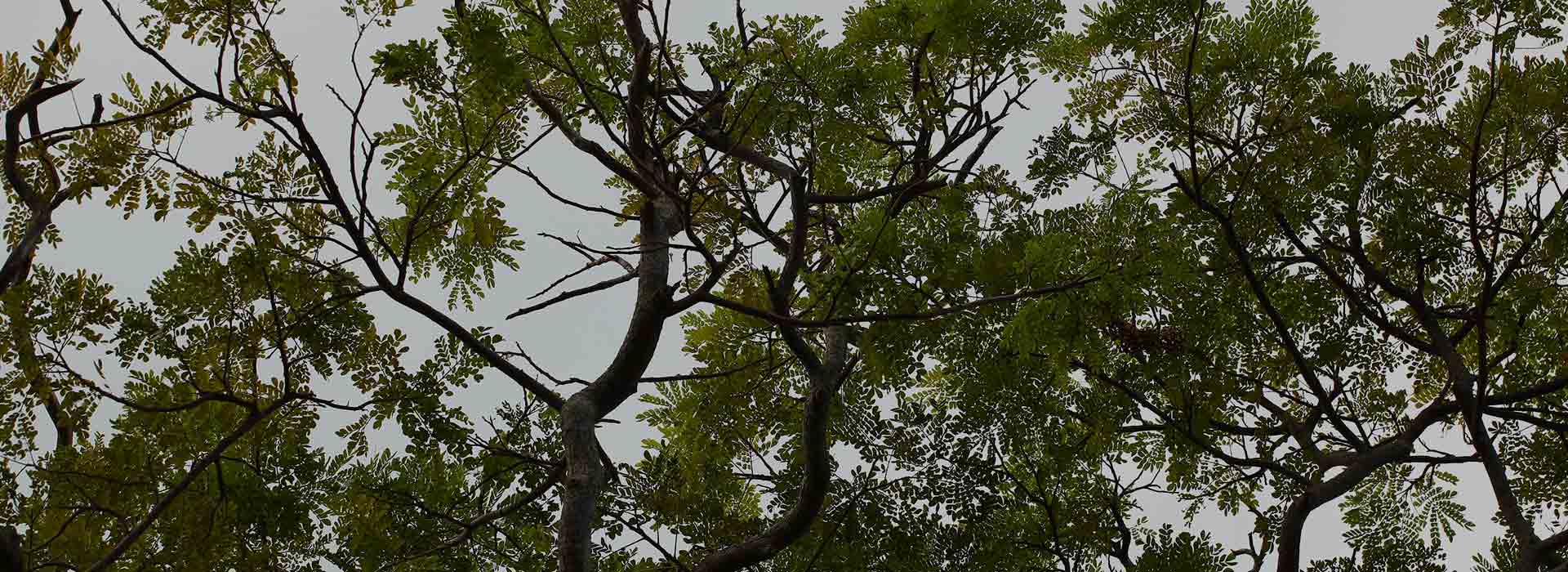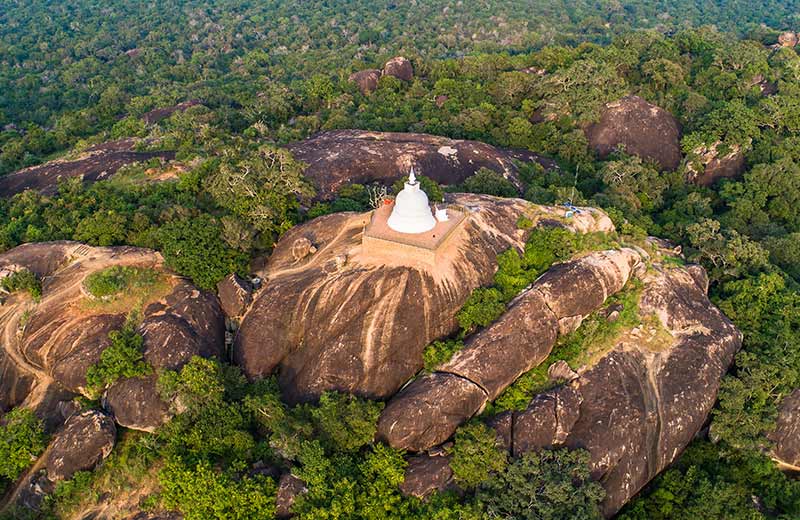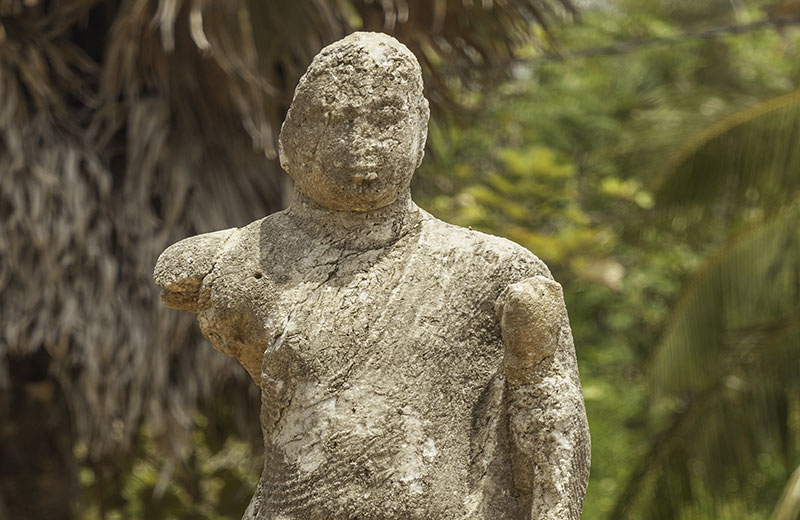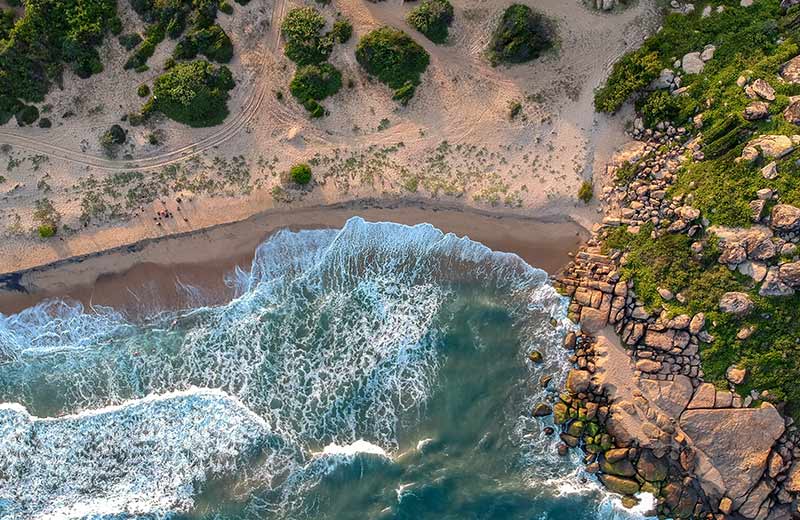Kebiliththa
Kebiliththa is a place considered highly sacred by Buddhists and Hindus alike, and people come from all over the world to meditate here. Located in Block 4 of the Yala National Park, there are many considerations visitors must undertake prior to visiting Kebiliththa. Abstinence is to be practiced by all before entering Kebiliththa; visitors should consume no alcohol or meat for a week, a belief passed on from many generations ago that is rigorously observed to date.
A Domain for Kataragama Deviyo
It is believed that the Kataragama Deviyo (‘Kataragama God’) spends certain days of the year meditating at Kebiliththa, which is why many treat it as a place for piety. The Maha Siyambalawa Devalaya is a shrine situated within the Kebiliththa premises, which is where devotees believe the Kataragama Deviyo meditates.
The shrine is named after the nine-foot high tamarind (siyambala) tree adjoining the devalaya. Though this is not the original tree associated with the shrine, it’s supposedly an offshoot of the tree that once stood there. Alongside this is an ancient Bodhi tree, surrounded by ruins—primarily the remnants of pillars that once stood high around the devalaya.
Only for the Pure Hearted
Due to the strenuous preparations involved when visiting Kebiliththa, it’s not as crowded as the Kataragama Devalaya itself, only drawing a handful of devotees everyday. Visitors must be pure of heart, and enter with unblemished faith and dedication, and so, great self-restraint and much spiritual cleansing is required.
The devalaya is most popular during poya and religious festivals, as it has been said that the Kataragama God is most likely to reside within Kebiliththa’s premises during these days.
If you’re on a spiritual journey, a visit to Kebiliththa would be ideal for you, but according to local belief, those who enter without pure and pious intentions will not be able to derive any spiritual strength from Kebiliththa, so make sure to adhere to the appropriate preparations prior to making the trip.



